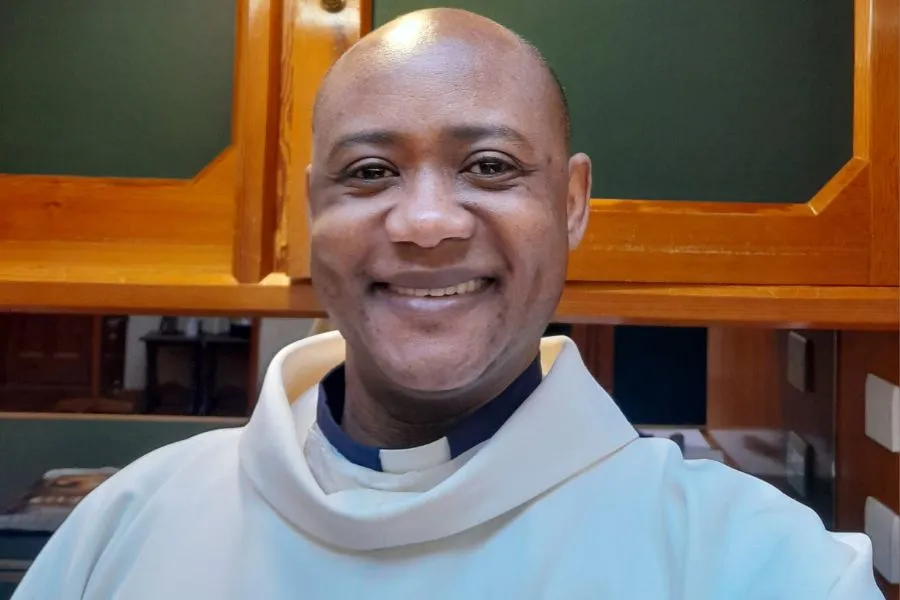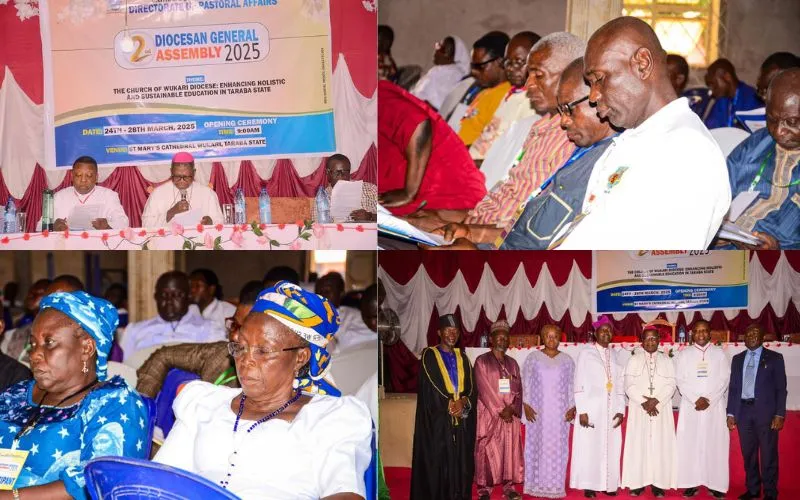Jos, 07 September, 2023 / 8:54 pm (ACI Africa).
The Church in Nigeria has distinguished herself as the voice of the people, a Catholic Priest in the West African nation and researcher on insurgency has said, and challenged religious leaders to do more especially in articulating the depth of Christian persecution in the country.
According to Fr. Justine Dyikuk, the Church in Nigeria needs Priests, women and men Religious, and Laity, including Catechists, who can speak out courageously against persecution in Muslim-dominated parts of Nigeria where Christians are not allowed to worship freely.
In an interview with ACI Africa, Fr. Dyikuk said, “The Church in Nigeria is not doing badly as the voice of the people. But areas of improvement include being articulate enough when Christians are targeted.”
“Church leaders should talk immediately if they perceive any form of injustice, when there is targeted marginalization of people in northern Nigeria, when Christians cannot buy land to build churches, when churches are destroyed and Christians cannot rebuild those churches because the Muslim communities will not allow them to,” he explained.
Church leaders in Nigeria need to speak out immediately, he continued, “when people have to bear Muslim names to be given employment and to be admitted into schools, when Christian children are forcefully taken by the Hisbah (an Islamic doctrine in Nigeria’s Kano State) that hypnotizes them overnight and tells them they are Muslims.”








